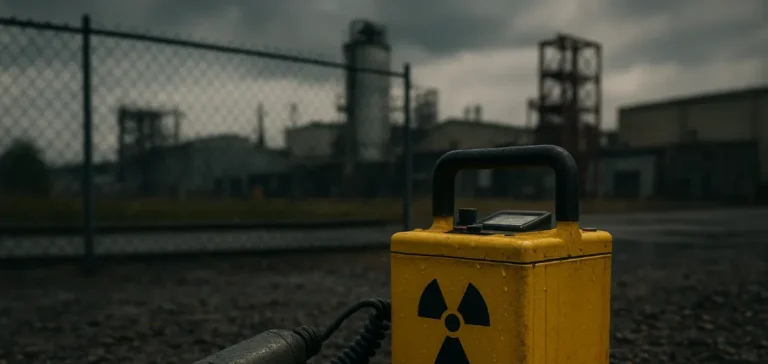An investigation led by an Indonesian task force revealed traces of caesium-137, a radioactive isotope, in 22 sites located within an industrial zone approximately 60 kilometres west of Jakarta. The probe was launched after the United States Food and Drug Administration (FDA) ordered a recall in August of frozen shrimp potentially contaminated, produced by the company PT Bahari Makmur Sejati.
Increased monitoring in the Cikande industrial zone
The affected area, the Cikande industrial estate, is now under heightened surveillance by local authorities. Task force spokesperson Bara Hasibuan stated that inspections are ongoing throughout the site. Authorities are also checking vehicles moving through the area for potential contamination. Import restrictions on scrap metal will be introduced, as it is suspected to be the probable source of radioactive exposure.
Limited but monitored health impact
Nine individuals, including workers and nearby residents, were identified as having been exposed to caesium-137. They were referred to hospitals for additional examinations and have since returned home. Further medical screening is planned in the coming weeks, according to Indonesia’s health authorities.
The Ministry of Environment plans to temporarily relocate residents living in the most contaminated zones. Minister Hanif Faisol Nurofiq stated that decontamination efforts would continue until the entire area is deemed safe. No specific timeline has been provided for the full reopening of the industrial zone.
Supply chain concerns grow
This development raises concerns for industrial operators in the region, particularly regarding the safety of supply chains and compliance with sanitary export standards. The initial US recall drew attention to inspection procedures at Indonesian food processing facilities and may affect commercial relations in the months ahead.






















